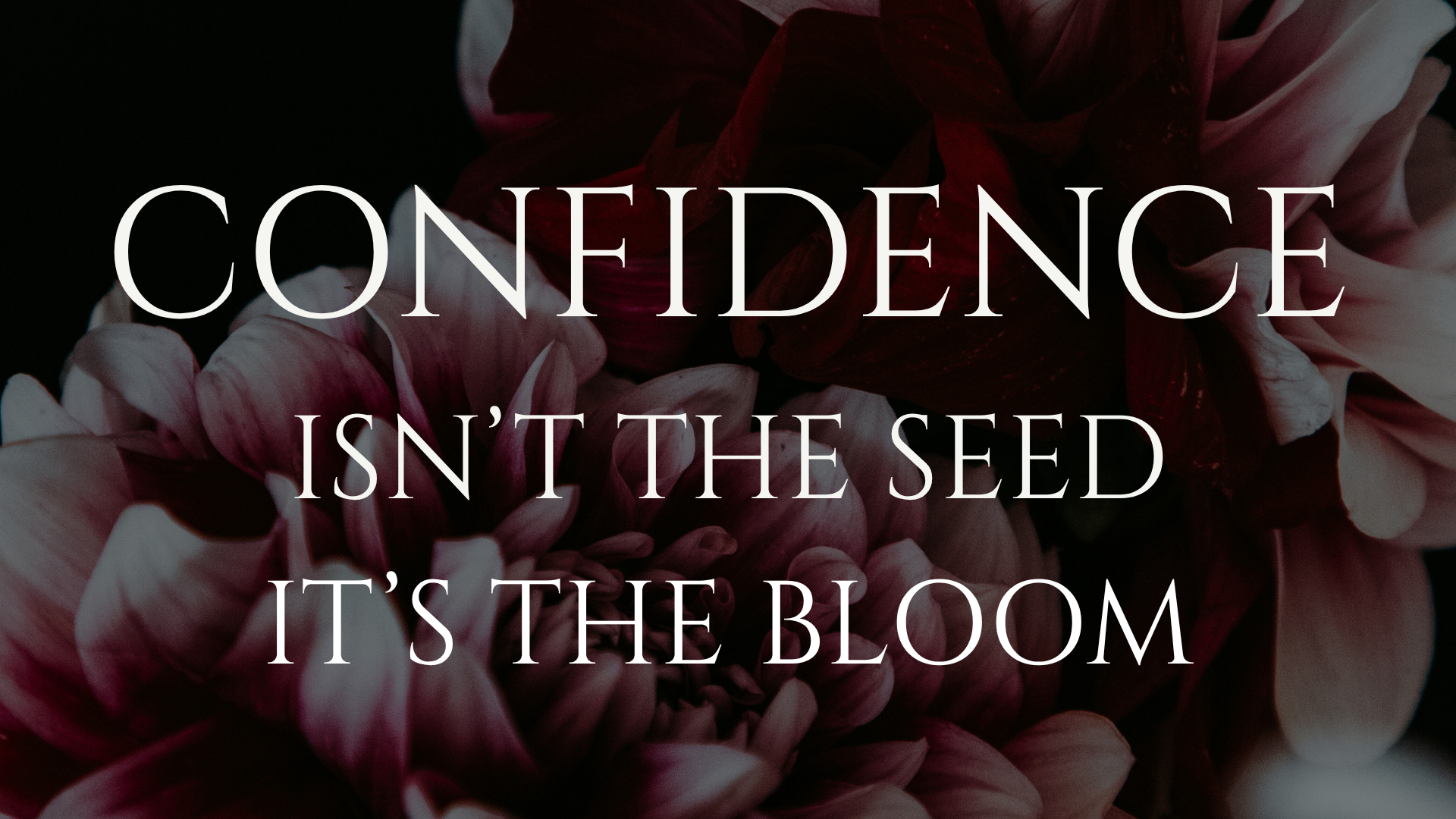How To Be Confident
The Hidden Formula for Living Boldly
We've been told the same story since childhood: “Once you’re ready, once you know enough, once you feel confident…then you're ready.”
The paradox: You'll never feel ready, and you'll never know enough.
Confidence isn't the spark; it’s the smoke.
It's not the seed, it's the bloom.
Confidence IS NOT a choice, it's an outcome.
Confidence doesn’t come before action; it comes because of it.
The Science Behind Confidence
Psychologists have been studying this for decades, and the evidence is remarkably consistent: confidence is the result of experience, not the prerequisite for it.
Albert Bandura’s research on self-efficacy showed that our belief in our own abilities doesn’t grow from thinking—it grows from doing. When we step into challenges and survive them, our brain collects proof that we can.
Neuroscience tells us that every time we act (especially when it's scary), we literally rewire our brain. We strengthen the neural pathways that regulate anxiety, teaching our nervous system that discomfort is survivable.
Behavioral psychology has a saying: “Competence breeds confidence.” The more we repeat a skill, the more natural it feels—and the more we trust ourselves.
In other words, confidence is not a trait you’re born with. It’s a practice you build and something you earn the right to possess.
You Already Know
Think back to your life.
The first time you spoke up in a meeting.
The first time you walked into a gym.
The first time you made a scary phone call, applied for the job, or said yes when your entire being wanted to run away.
Were you confident before you did it? Probably not. But once you acted, even shakily, you had evidence. That's the lived experience that brings confidence.
The Courage Formula
Confidence may not be a choice, but courage is.
Confidence comes from the evidence of action, and action comes from applied courage.
How to apply courage
Compact Courage
Courage doesn’t begin with skydiving or quitting your job overnight. It starts with micro-moments.
Send the email.
Introduce yourself to the neighbor.
Share a brief opinion in the meeting.
Ask yourself: What’s the smallest step I can take today that stretches me, but doesn’t snap me?
Then take it.
Collect Proof, Not Perfection
Most people don’t lack confidence; they lack evidence to support it. Confidence grows by stacking up small wins against discomfort.
Keep a Courage Card:
Each day, write down one action you took that required courage. Review it at the end of each day. This practice transforms doubt into data.
Repeat Until It Feels Normal
Courage is a muscle. The more you use it, the stronger it gets. Commit to one small, uncomfortable action per day for 30 days. By the end, what once felt terrifying will feel ordinary. You won’t even call it courage anymore; you’ll call it Tuesday.
Ancient Wisdom, Modern Science
This isn’t just psychology—it’s a universal truth.
The Stoics believed courage was the first virtue, the foundation of all others.
Buddhism teaches us to lean into discomfort with mindfulness, reminding us that suffering is not permanent, but rather a passing phenomenon.
Even the Bible whispers the same message: “Be strong and courageous. Do not be afraid.”
Different traditions. The same conclusion:
Courage + Action = Confidence
Confidence Is Waiting On You
Confidence isn’t about being fearless; it’s about dancing with fear until it loses its rhythm. It’s about making fear your companion, not your commander.
You don't have to know everything. All you need to know is that you can handle whatever comes next.
And the only way to know is through action.
Stop waiting for the day you’ll feel ready. Stop waiting for the seminar, the certificate, the pep talk.
Take the smallest courageous step you can today and let tomorrow’s confidence be the harvest of today’s action.
A Final Question:
If courage is the seed, and confidence is the bloom, then what seed will you plant today?

